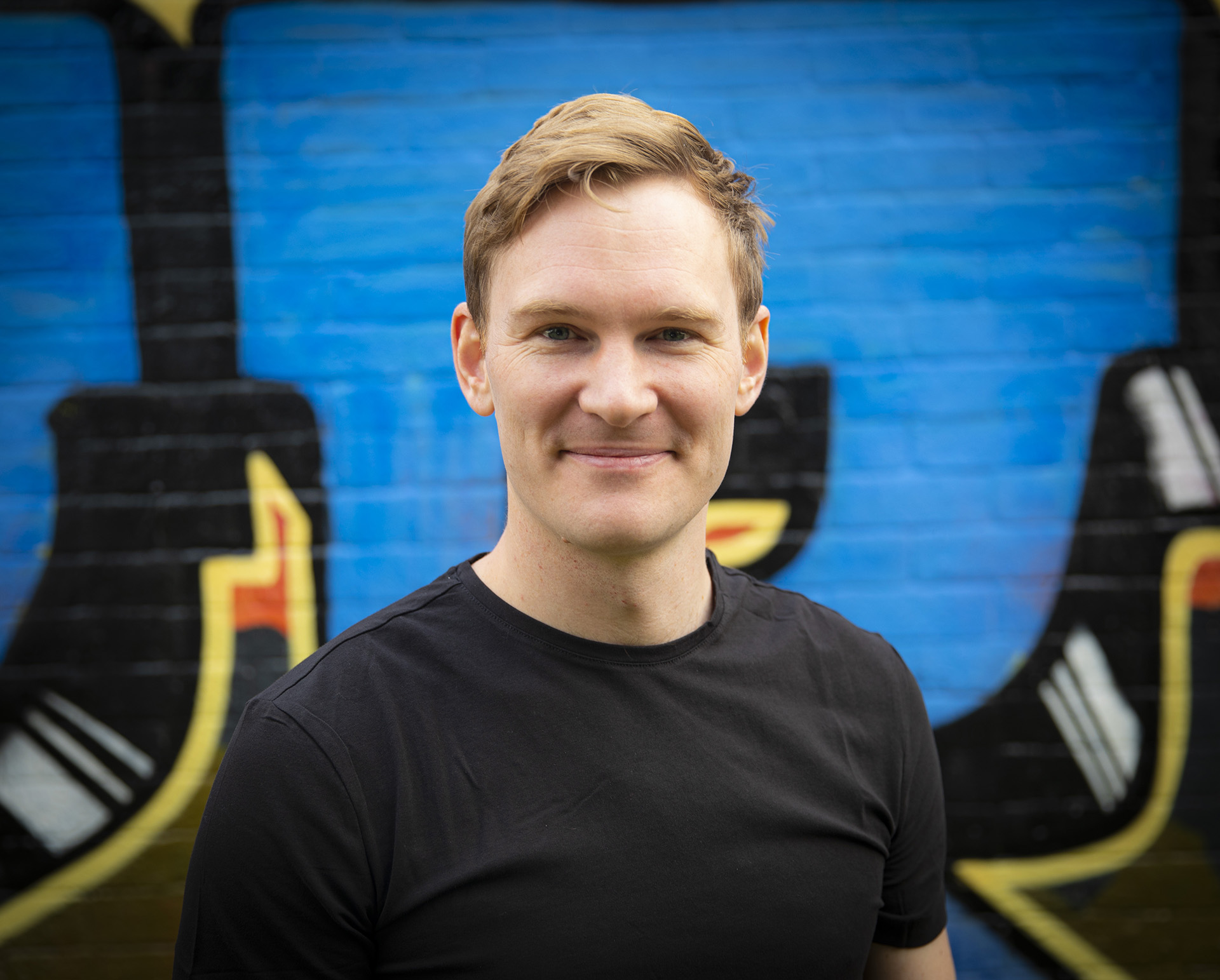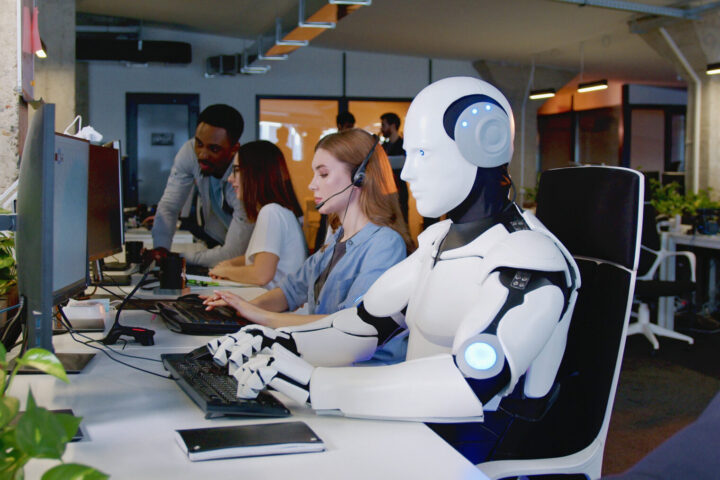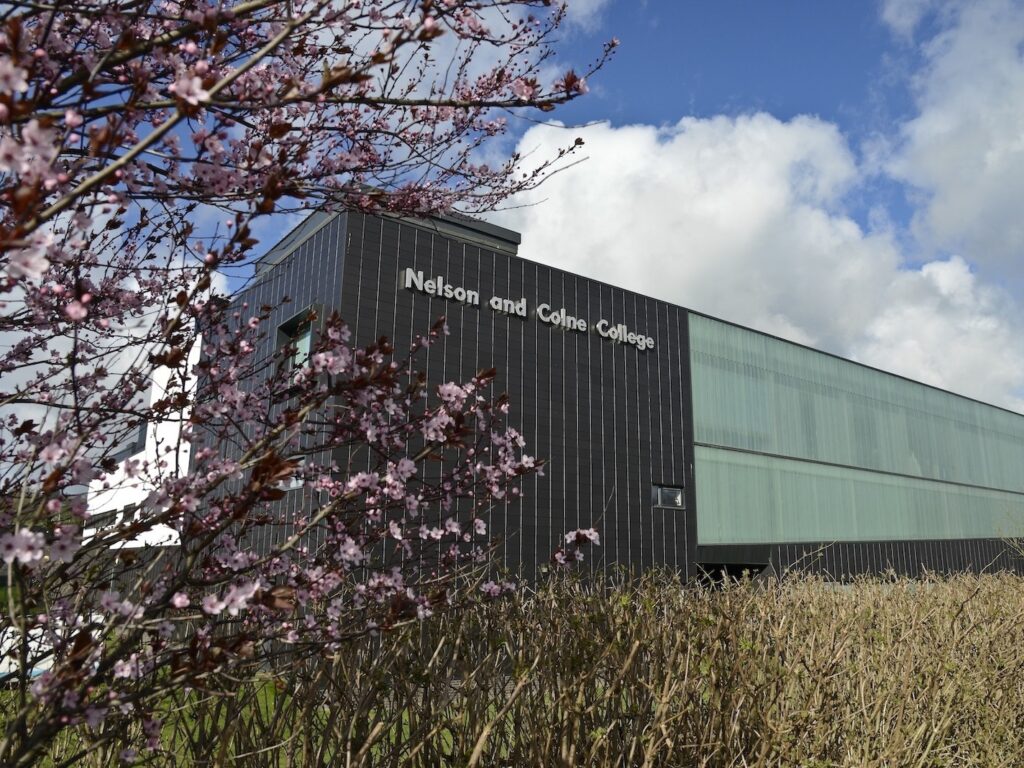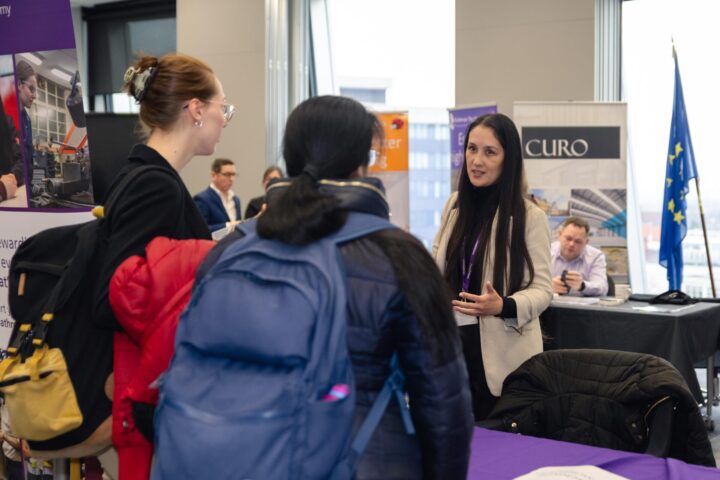A recent McKinsey report has cast a spotlight on the aviation industry’s future. As artificial intelligence (AI) and automation accelerate across the sector, it issues a stark warning: unless these technologies are intentionally embedded into learning and development and core business processes, the industry risks entering a dangerous era of deskilling.
AI will no doubt boost productivity, but it also threatens to erode something far more valuable – the human edge, judgment, communication and critical thinking. These are the very capabilities that frontline aviation staff need to navigate disruption, safeguard passengers, and create excellent customer experiences.
This coincides with McKinsey’s excellent ‘State of Aviation 2025’ report, which highlights that organisational health, and not just operational efficiency, remains a key driver of sustained performance.
Airlines that score well on measures like strategic clarity, cross-functional collaboration and employee motivation are more likely to generate a positive return on invested capital (ROIC). Yet this health is precisely what’s at risk if AI is rolled out without intention.
Emerging research supports this concern. A recent study in Humanities & Social Sciences Communications found that 68.9% of participants reported increased laziness and reliance on AI tools, diminishing their motivation to learn and engage deeply with tasks. Over time, such disengagement chips away at core human competencies – including decision-making and independent problem-solving.
In fact, it could be argued that AI is going to deskill people no matter what, so the aim should be to reframe the role of people in the passenger experience, and also take a fresh look at that passenger experience.
What we can learn from the wider industry
Airlines are not alone in facing this paradox. In sectors like telecoms and utilities, rapid automation promised better efficiency and lower costs, but has this been the case? Yes, systems became smarter, but people didn’t, and when the system fails as it inevitably does, the human support behind it isn’t equipped to take over.
In aviation, the stakes are higher. A chatbot can’t calm an anxious passenger whose flight has been cancelled and an algorithm can’t empathise with a stranded family. And AI won’t fix the damaged reputation these disruptions can lead to.
While predictive maintenance can prevent technical faults, it can’t anticipate every variable that arises during an operational disruption. What’s needed isn’t just automation, it’s human intelligence where employees learn to fix problems.
Across industries such as retail and hospitality, AI isn’t replacing human service, it’s empowering it. It enhances every touchpoint, from discovering a product, through to aftersales care.
Likewise, banking is on the front foot in improving customer experience, as business moves away from the high street, with NatWest partnering with OpenAI to enhance its digital assistant ‘Cora’, delivering a 150% increase in customer satisfaction and reducing reliance on human advisors.
Customer experience begins with confidence
For the aviation industry, the rollout of AI is going to mean reimagining the experience of travel at airports from the ground up. And focus needs to be upon the experience of passengers, rather than the process of travel.
Singapore Airlines uses predictive AI for in‑flight meal planning, aligning meal options with passenger preferences, which reduces waste and boosts passenger satisfaction.
If we consider security lanes, it’s always been seen as a necessary evil of travel, which could largely be removed by AI where passengers don’t need to interact with a human, but their experience could be enhanced by it.
AI is different to all technological trends we’ve seen before, because it can replace multiple skilled and unskilled roles all at the same time. When you can get a desired outcome with a few prompts, where’s the journey? This is something the aviation industry is striving to tackle, because the journey starts as soon as a flight is booked.
The challenge however, is that for most the consumer experience isn’t a pleasurable one, with airports getting busier, and protocols more stricter and taking longer to navigate.
Aviation has one massive unique selling point (USP), though, and that’s speed. It gets the passenger to their destination quicker, which brings us to Rory Sutherland who challenges efficiency over experience in public services, specifically the UK rail system, in his famous TED talk. He argues you could spend £6bn to make a train journey 40 minutes shorter. Or spend £1bn and put Wi-Fi on it and make it more enjoyable. Add supermodels serving wine, and people might ask for the train to be slowed down.
Sutherland’s core argument is that intangible value – how people feel, perceive, and experience things – is massively undervalued by traditional models of economics and decision-making. And it’s often cheaper, faster, and more effective to improve experiences than to change the product.
Customer service in aviation is ultimately a human experience, and the quality of that experience is directly linked to the confidence and capability of its people. For instance, the ground crew member who rebooks a connection, the pilot who makes an informed decision in midair, or the call centre colleague who deals with an irate traveller calmly and effectively.
These moments don’t just reflect soft skills, they reflect judgment under pressure, often developed over years. Without a focused and forward-looking L&D strategy, and human-centred design, these skills risk being eroded.
Time for a learning reset
AI is accelerating, and learning and development (L&D) must accelerate with it or we are left relying on training models built for a pre-digital age with passive learning, siloed modules, and one-size-fits-all certifications. It seems we’ve reached a pivotal stage with AI, and as we sit here today it’s the worst it’s ever going to be. Every industry is on a learning curve right now, but that curve should not grow steeper or further than the pace of human involvement, or L&D.
Airlines are working hard on this, and are fundamentally rethinking how they onboard, upskill, and empower their staff, but learning ecosystems should evolve alongside the technology, ensuring employees are equipped not just to operate systems, but to truly understand them.
AI should not be used to deskill the workforce, but to develop it by identifying performance gaps and enabling personalised learning pathways that help people grow with the tools they use. It can support learning just as much as it supports operations, but only if it’s embedded into a broader organisational culture of development.
With the right approach, AI has the potential to reimagine the experience of travel. That means using technology to remove friction where it doesn’t add value, and empowering people where it does. It means less queuing and more care, less stress and more clarity, and fewer processes and more experiences.
But this vision won’t be achieved through automation alone. It will require the aviation sector to not just look at what AI can replace, but at what it can enable – and that starts with people, because L&D is not a support function, it’s the foundation for ensuring technology is aligned with an organisation’s people, and that its people are aligned with customers.
Charlie Kneen is managing director at Solvd Together
















